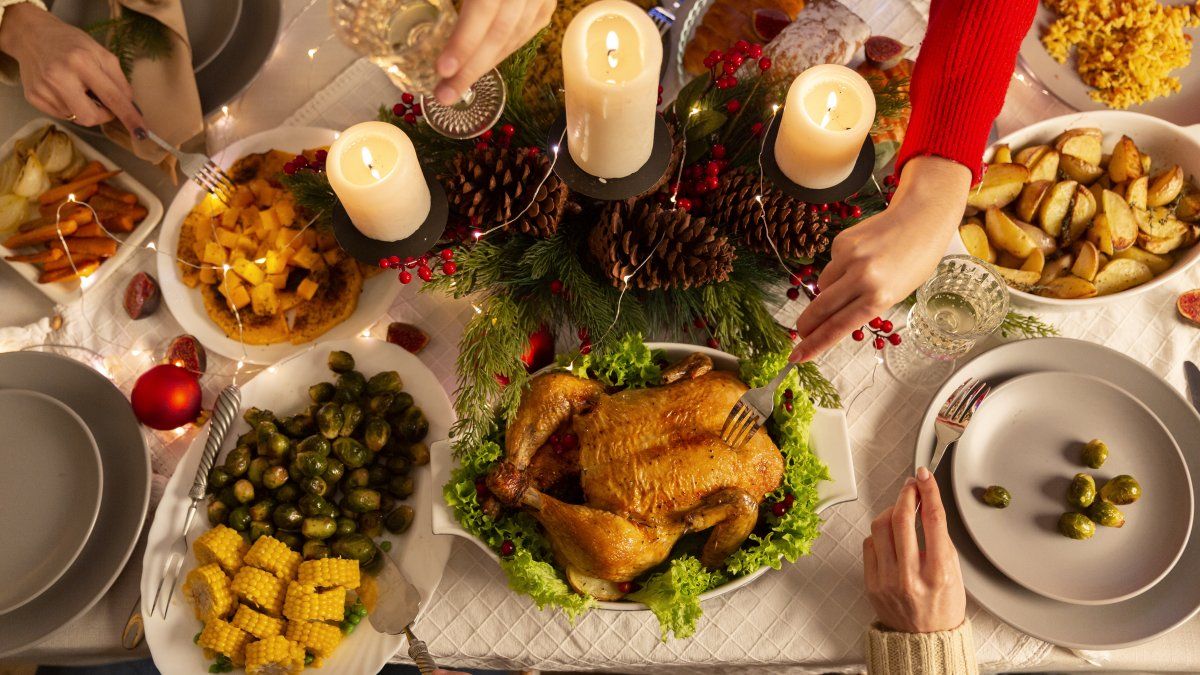The end of the year is approaching and with it, the times of celebrations that mean high-calorie foods and consumption of alcoholic beverages.
The key to spending celebrations without stomach upset is: a diet based on fruits, vegetables, lean meats, low-fat dairy products and preferably whole grains.
freepik.es
The end of the year is approaching and with it, the times of celebrations that mean high-calorie foods and consumption of alcoholic beverages. Specialists from the Hospital de Clínicas recommend maintaining a balanced diet, allowing yourself some treats on holidays, but without overdoing it.
The content you want to access is exclusive to subscribers.
“The food binges They are the result of loss of control when eating, when we abuse larger portions than usual or high-calorie foods. At this time of year, there is an abundance of foods high in sugar, flour, fats and salt, which does not contribute to a healthy diet either,” says Natalia Presner, Graduate in Nutrition (MN: 4913), from the Nutrition Division of the Hospital de UBA clinics.


“The heaviest meals and those that tend to cause discomfort are those made up of very fatty meats or accompanied by sauces with a large amount of creams or fatty dressings. The discomfort can manifest itself with heaviness, intestinal inflammation, headache and dullness. Given these symptoms, digestive rest and a good intake of water are recommended” recommends Presner.
During the holidays, it is possible to maintain healthy eating patterns. Taking advantage of the warm climate, it is recommended that the presence of vegetables and fruits be predominant in the preparations of main meals and desserts. “Some simple recommendations to improve your diet during the holidays are: plan the menu, do not skip meals, control portions, chew well and eat slowly,” says the specialist.
“Don’t forget proper hydration, preferring water over soft drinks or alcohol, since at these times people usually consume more alcohol than normal. Another thing to keep in mind is that heat usually makes digestion difficult,” recommends the nutrition graduate.
A hangover consists of unpleasant symptoms such as nausea, vomiting, dizziness and headache, which can occur after consuming a lot of alcohol. “Prevention involves avoiding exceeding the recommended moderate alcohol intake,” recommends Presner.
“The key to spending celebrations without stomach upset is: a diet based on fruits, vegetables, lean meats, low-fat dairy products and preferably whole grains. There is no special formula to combine meals outside of this.”Presner concludes.
Source: Ambito
I am an author and journalist who has worked in the entertainment industry for over a decade. I currently work as a news editor at a major news website, and my focus is on covering the latest trends in entertainment. I also write occasional pieces for other outlets, and have authored two books about the entertainment industry.




